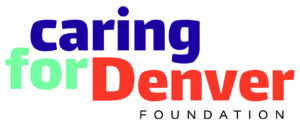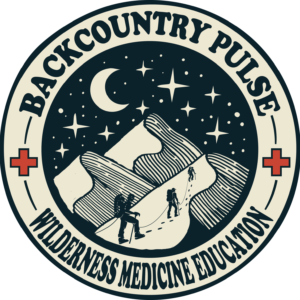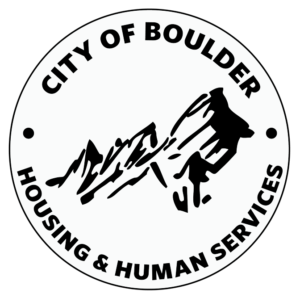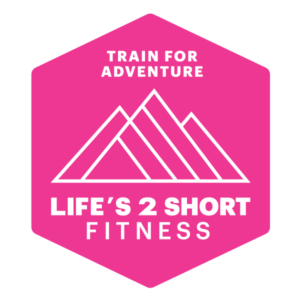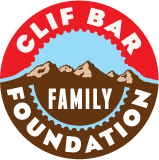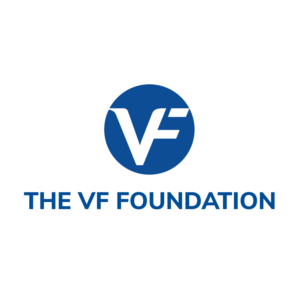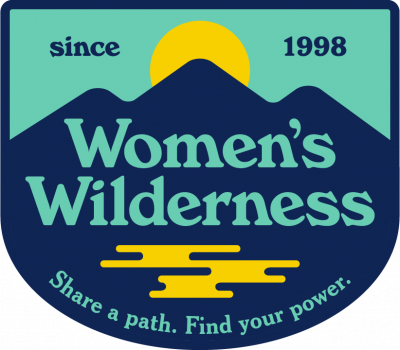Why Affinity Spaces Matter
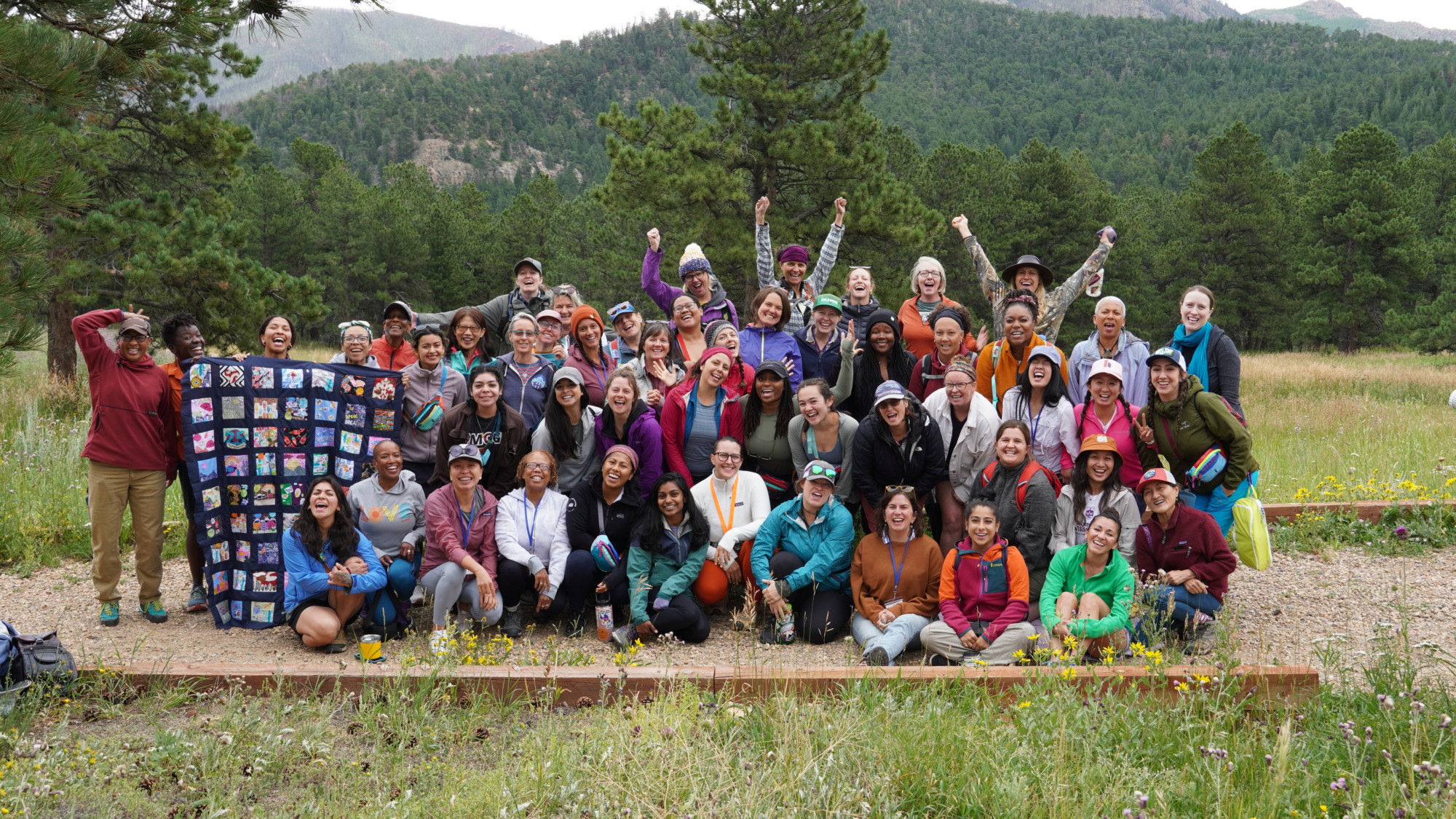
Why do affinity spaces matter? Are they exclusionary? Do they perpetuate the kind of separation you claim to be fighting against? This is a sampling of questions I’ve fielded when it comes to creating intentional spaces for people who share an identity, culture, experience, or interest. In fact, I’ve been thinking a lot about these questions because the way affinity spaces get defined are often as unique as the individuals defining them.
As an organization, Women’s Wilderness has always placed a high value on ensuring that women, girls, and gender-expansive people have access to the outdoors and to the life-enhancing experiences that kind of exposure can bring. As an organization, we work hard to infuse a stronger sense of community, connection to the land, and a feeling of belonging for everyone we serve, including our team.
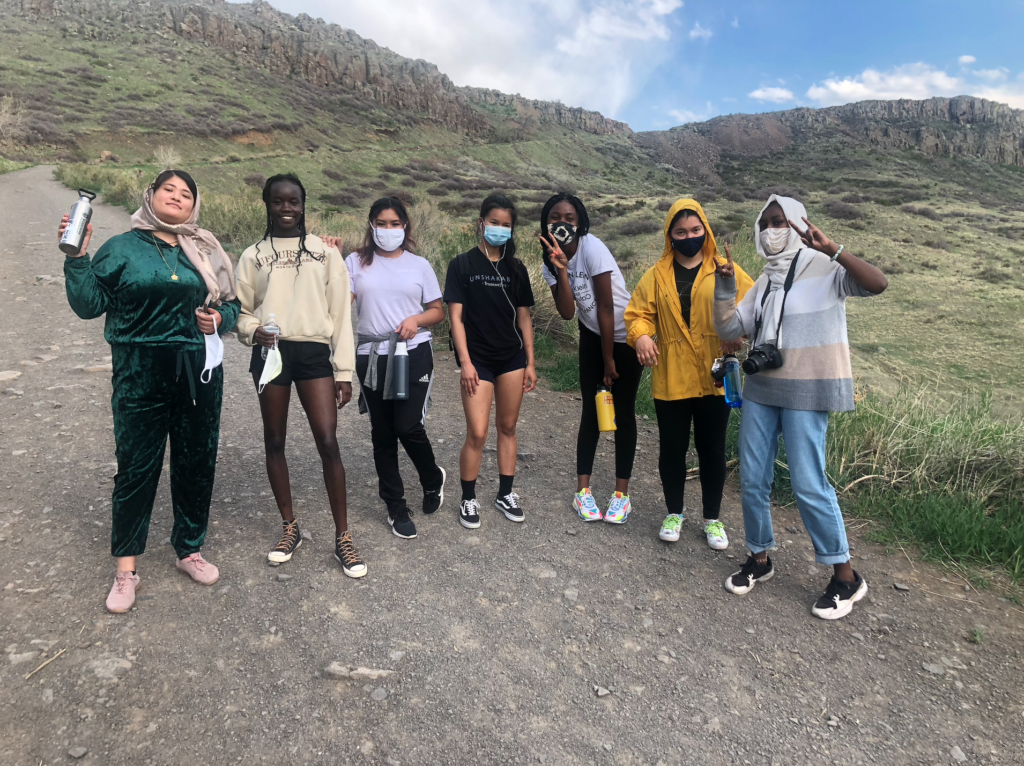
Have we been perfect at it over the years? Hardly. Even so, ours is a worthy mission that we’ve got lots of passion for: supporting girls, women, and LGBTQ+ people in accessing their power and improving their health through connections to the outdoors and community. (No kidding, that’s our actual mission statement.)
Part of what makes our affinity spaces successful is that we’re agile enough to be responsive to the needs of our community – needs that evolve over time just like we do. Queer Nature, which centered LGBTQ+ participants, Latina-based adventure courses, as well as programming for women veterans struggling with PTSD represent the mission-aligned range of our work.
Currently, our Girls Immigrant Refugee Leadership Series, or Outdoor G.I.R.L.S, is just one of the thriving affinity spaces at Women’s Wilderness. Here, newcomers to this country, asylees, and first-generation American girls get to learn more about themselves and each other against the supportive backdrop of nature. Our programming helps to not only bolster self-esteem and agency, it also aids in leadership development.
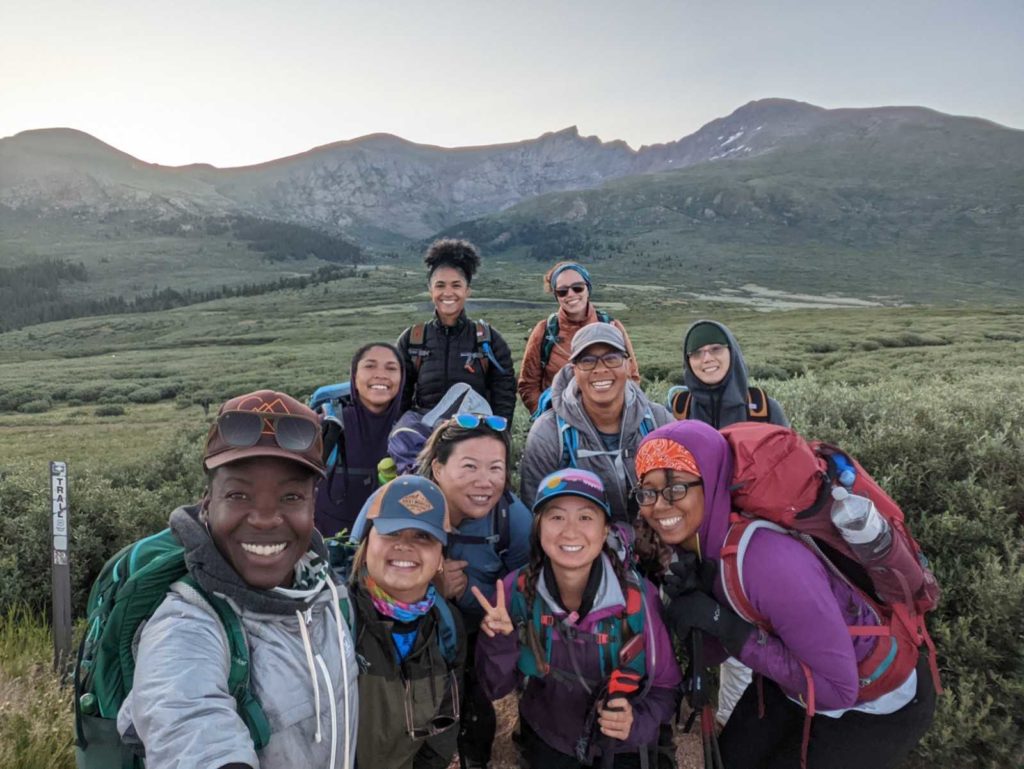
Trailblazers is another affinity space created with adult women and nonbinary people in mind who identify as Black, Indigenous, People of Color (BIPOC). As a program led by BIPOC women, Trailblazers outdoor programming provides a place to celebrate the diversity of diversity and offers validation away from the stress of being ‘the only one’ or of feeling scrutinized in dominant culture settings. We understand that supporting these spaces is crucial to BIPOC women’s healing, community building, mental health and wellbeing, in addition to playing an important role in the resistance of racial oppression.
While we’re exploring the importance of affinity spaces, it’s also important to remember that Women’s Wilderness itself is its own kind of affinity space. When the founders of this organization sat around the table and created their highest vision of what Women’s Wilderness could be, they were looking for ways to ensure that women and girls had access to the healing benefits of nature, outdoor adventure, skill building, and empowerment in ways that also connected them to a greater sense of self. They wanted to create intentional spaces for people who share an identity, culture, experience, or interest. There’s power in that, and it’s an exciting opportunity to continue on that journey, empowering lives one adventure at a time.
If these words have you feeling stoked about what we do, click on the button below and learn more about how you can support Women’s Wilderness!
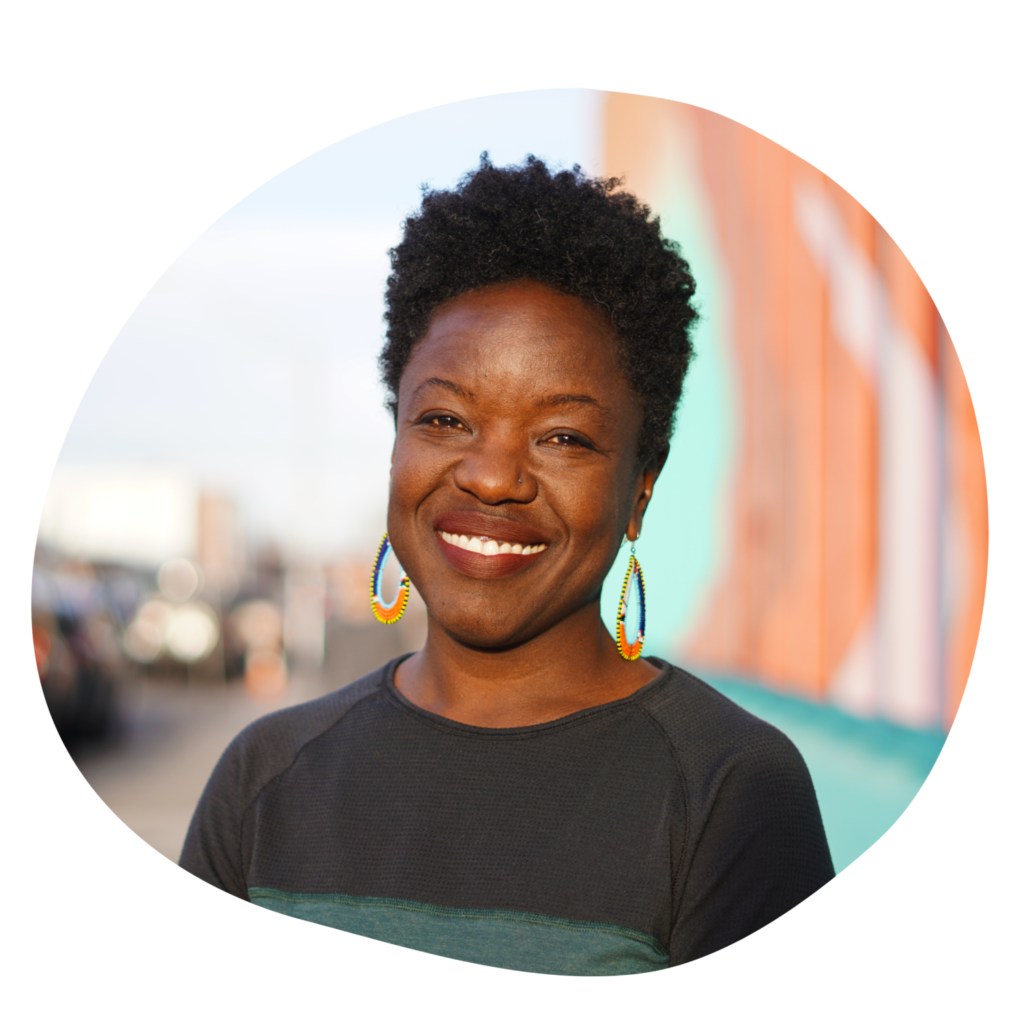
Written by Kriste Peoples
Executive Director

